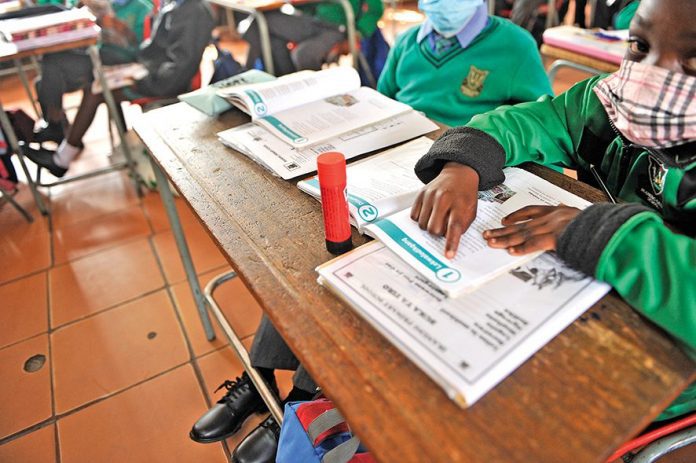The results of the 2021 Progress in International Reading Literacy Study (2021 PIRLS) released earlier this month, revealed that the majority (81%) of Grade 4 learners in South Africa cannot read for meaning in any language, including their home languages.
This is yet another grim sign that our education system is in crisis, and has been for a long time.
Equal Education (EE) and the Equal Education Law Centre (EELC) expressed that they are disappointed that the government, particularly the national and provincial education departments, have failed to adequately address the deep cracks in the system that continue to let learners down.
“This lack of political will has undoubtedly contributed to South Africa consistently being the worst-performing of the participating countries. Shockingly, but perhaps unsurprisingly, South Africa performed significantly worse than it did in the 2016 assessments,” said EE and EELC in a joint statement.
The two organisations noted that undoubtedly, the Covid-19 pandemic played a part in undoing the slow progress made since 2006 in reading outcomes, taking the sector back to the 2011 levels of achievement.
“The pandemic worsened the situation when school closures and the prolonged use of rotational timetables robbed learners of important classroom time, leading to severe learning losses. However, the pandemic alone cannot explain the decline in reading outcomes in the country,” read the statement.
The ongoing reading crisis — many South African learners’ inability to read for meaning — shows how poorly the government and education departments have recognised the multiple challenges in the sector and have failed to muster the necessary political will to address them.
“The pandemic only exposed existing cracks and worsened historic challenges in the sector. This is clear from the class divide in the 2021 PIRLS results, where English and Afrikaans schools (mostly quintiles 4 and 5) did not experience a decline in reading outcomes, but most African language schools (predominantly quintiles 1-3) did.”
They noted that, although South Africa has a legal framework for the identification, management, and support of so-called “underperforming schools”, EELC’s research shows that it does not focus on ensuring that disadvantaged schools receive the holistic support they need to address deeply entrenched and multi-pronged challenges.
For more education news from Sunday World, click here.



